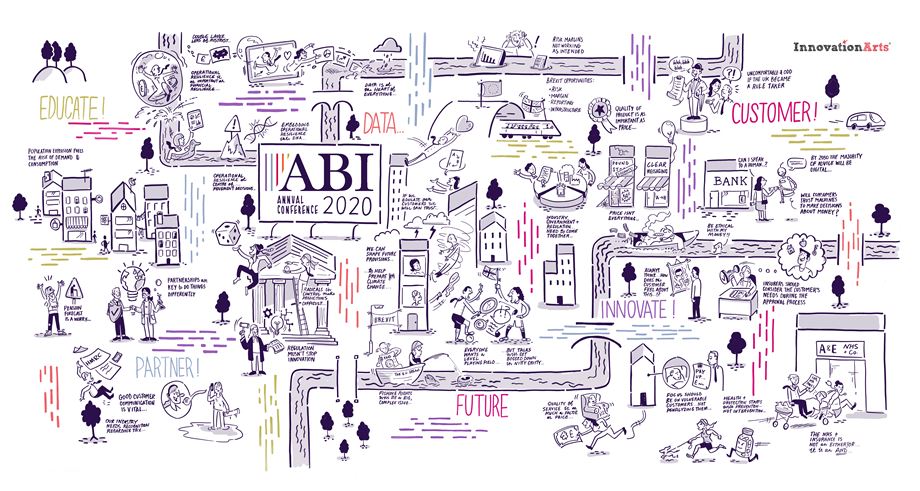Bookings for this event will close at 17:00 on Friday 19 February 2021.
The ABI Annual Conference 2021 will be the standout insurance event of the year, bringing industry leaders, politicians and regulators together to debate the major issues affecting the insurance and long term savings industry.


